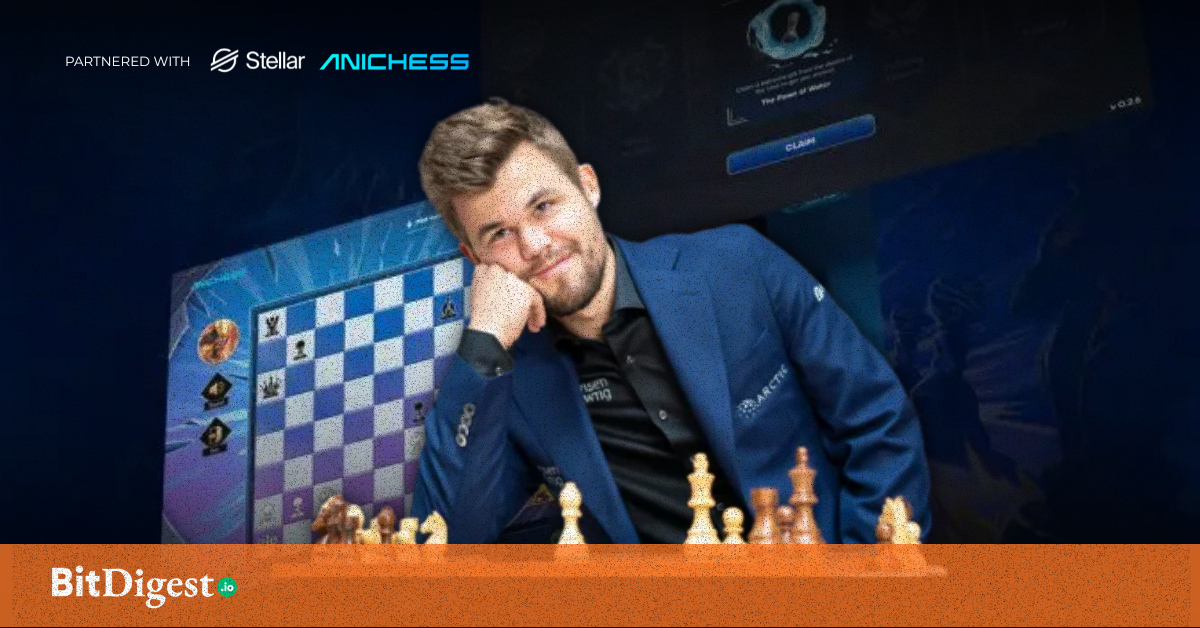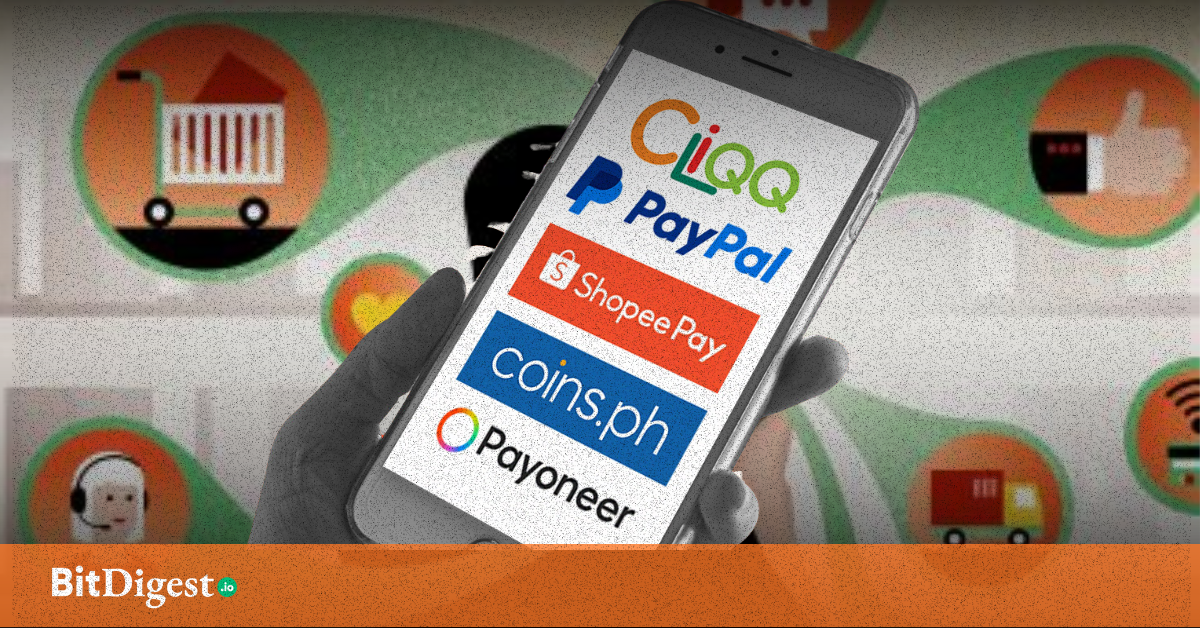OKX Wallet: Empowering Developers and Users Alike
Navigating Web3 is definitely not an easy task, both for everyday users and those building behind the scenes. Fortunately, OKX Wallet has recently introduced a set of exciting new features aimed at enhancing both the developer and user experience. Here's a breakdown of their latest updates!

What is OKX Wallet?
OKX Wallet is a non-custodial, multi-chain Web3 wallet. It is designed to offer users a secure, user-friendly platform to manage and trade cryptocurrencies, access decentralized applications (dApps), and interact with decentralized finance (DeFi) ecosystems. Unlike custodial wallets, which are often tied to exchanges and hold user assets on their behalf, a non-custodial wallet like OKX Wallet gives users full control over their private keys which enhances their security and autonomy.
Supporting over 100 blockchains, including major networks such as Bitcoin, Ethereum, and Solana, OKX Wallet allows users to manage digital assets across diverse ecosystems. More than just a crypto wallet, it serves as a gateway to different Web3 services. Users can participate in non-fungible tokens (NFTs), try out different crypto games, explore Real World Assets (RWA), and more. All without leaving the wallet’s interface. Furthermore, OKX Wallet also integrates with the OKX exchange’s own suite of products, from its wallet to its marketplace, giving more flexibility to both users and developers.
Recently, OKX Wallet has added even more features to better improve accessibility and functionality!
OKX OS: A Developer's Toolkit

OKX has launched a toolkit called OKX OS. Think of it as a set of easy-to-use tools that help developers create blockchain-based decentralized? applications (dApps) that run on different blockchains. These dApps could be anything from crypto wallets to decentralized games or trading platforms.
What makes OKX OS special is that it supports over 100 blockchains. So, developers don’t need to learn a whole new coding language for each different blockchain. They can just use OKX OS to build their projects across multiple networks. This overall makes it easier and faster for developers to create new apps.
Another cool part is that the toolkit offers Software Development Kits (SDKs) and Application Programming Interfaces (APIs), which are pre-made building blocks that help developers create features like wallets, games, or NFT marketplaces without having to start from scratch. This makes building apps more efficient, and they can be scaled to serve large numbers of users. Right now, OKX OS is already handling over 400 million requests a day, showing how powerful and reliable it is.
For developers, OKX OS is free to use, and OKX plans to offer even more support through events like hackathons or developer competitions and global meetups, helping foster new ideas and projects in the Web3 space.
OKX Telegram Wallet: Web3 Made Easy

For users more interested in everyday crypto use, OKX has also introduced the OKX Telegram Wallet, a crypto wallet that works within the popular messaging app Telegram. Telegram is known for its large, active communities, including many related to cryptocurrency and blockchain. This new feature makes it super convenient for users to manage their crypto without leaving the app.
The Telegram Wallet also supports more than 100 different blockchains, allowing users to send and receive cryptocurrencies, trade tokens, and even bridge their assets across different blockchains. It’s a self-custodial wallet, letting the user control their assets and private keys. One can trade over a million tokens, all from within Telegram!
This feature is especially useful for people already active in Telegram communities or using Telegram mini apps (small apps within the platform). Whether one is playing blockchain-based games, buying and selling tokens, or just managing your crypto holdings, the Telegram Wallet simplifies the process. There’s no need to open a separate app to access one's crypto anymore.
For now, there’s a slight limitation: wallets created on the mobile version of Telegram don’t sync with the web version (and vice versa). However, OKX plans to improve this over time, making the wallet even more versatile.
EVM Support for OKX Connect

OKX has also updated its OKX Connect feature to support EVM-compatible blockchains. OKX Connect is a protocol that allows developers to integrate the OKX Wallet with dApps, platforms, or other blockchain-based systems. It acts as a bridge between users' wallets and the decentralized applications they want to interact with, including the recent OKX Telegram Wallet. EVM stands for Ethereum Virtual Machine, which is the main system that runs Ethereum and many other similar blockchains.
By adding EVM support, OKX makes it easier for developers to build dApps that can work across multiple blockchains that use Ethereum’s technology. This update is particularly useful for developers working on mini-apps for Telegram because now they can easily integrate the OKX Wallet into their apps, allowing users to sign transactions and manage their assets without leaving Telegram.
This means that whether one is building apps for Ethereum or other EVM-based chains, they can now use OKX Wallet to help users interact with their app. The ultimate goal is to make it easier for developers to create smooth, interconnected Web3 experiences for their users no matter what blockchain network they wish to use.
Overall, these new features are part of OKX Wallet’s continued efforts to make Web3 accessible to everyone.
.svg)


.svg) SHARE TO FACEBOOK
SHARE TO FACEBOOK SHARE TO TWITTER/X
SHARE TO TWITTER/X SHARE TO LINKEDIN
SHARE TO LINKEDIN SEND TO MAIL
SEND TO MAIL





.svg)


.svg)